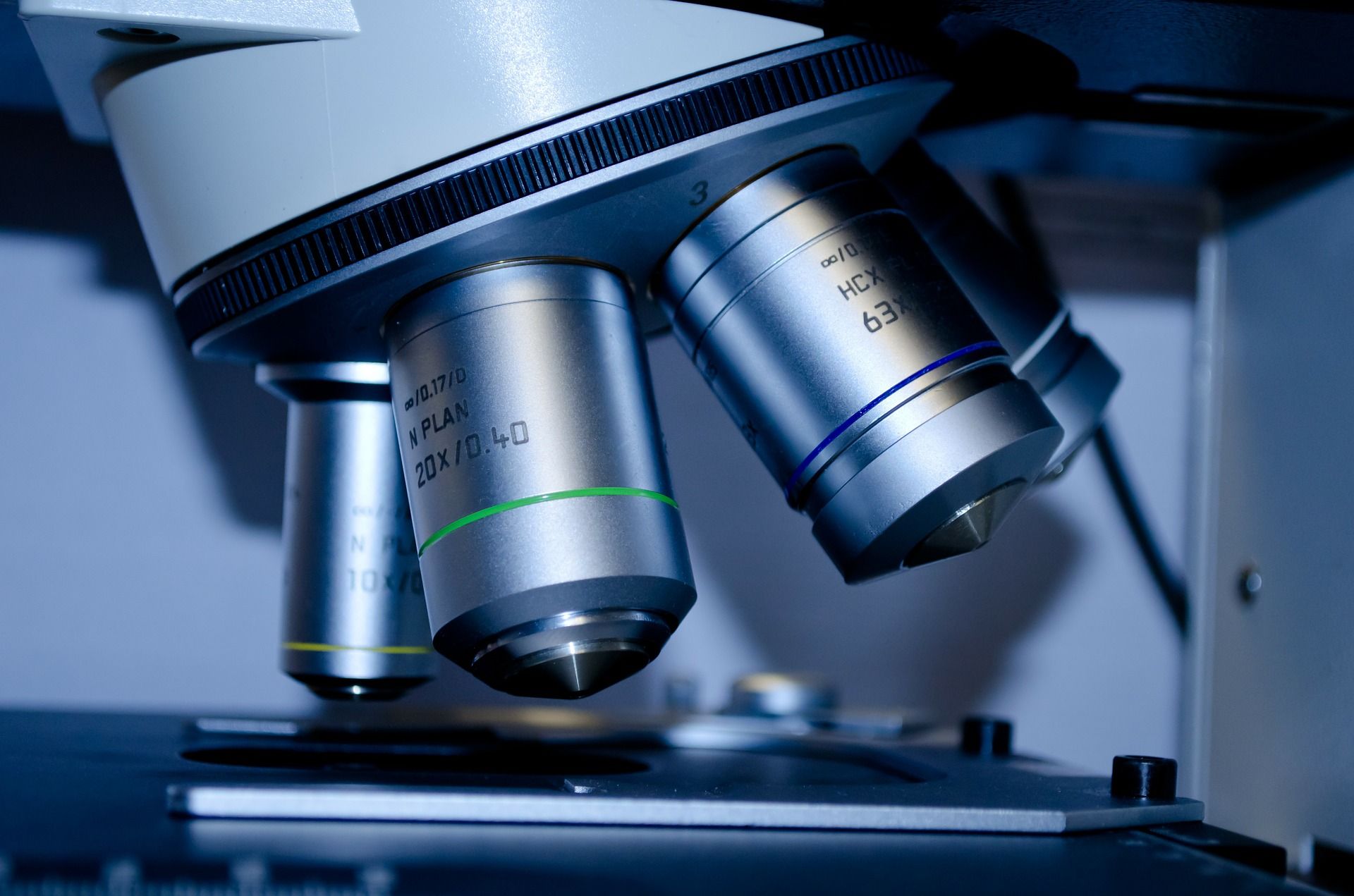-
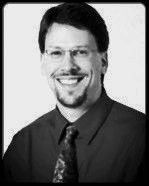 Phillip G. Popovich, PhD - Chair
Phillip G. Popovich, PhD - ChairDr. Popovich is a Professor in the Department of Neuroscience and Director of the Center for Brain and Spinal Cord Repair at Ohio State University. His laboratory is an interdisciplinary research group dedicated to studying the complexities of CNS injury, inflammation and tissue repair. Inflammation can have devastating consequences in the spinal cord, and the lab is striving to develop novel therapies that will manipulate or over-ride normal immune function. In addition, the Popovich lab performs replication work for the NIH. Replication is a core principle of the scientific method. To establish validity, the results of an experiment performed by one group of scientists must be evaluated by an independent group of scientists. The second group attempts to repeat the experiment of the first group, based on the original description. If the outcomes are similar, replication has been achieved and the first experiment is validated. Dr. Popovich’s work in the replication process brings a detail-oriented perspective to evaluating scientific projects.
-
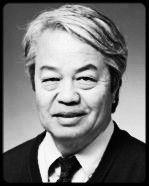 Moses V. Chao, PhD
Moses V. Chao, PhDDr. Chao is a Professor of Cell Biology, Physiology, and Neuroscience, and professor of Psychiatry at the New York University School of Medicine. He is the former President of the 42,000-member Society for Neuroscience (SFN), made up of the world’s leading brain and spinal cord scientists. Dr. Chao’s lab at the Skirball Institute of Biomolecular Medicine focuses on the study of molecular neurobiology and understanding the mechanisms that lead to a. the generation of neural cells and their targets, and b. the mechanisms that allow axons to project to their targets, form synapses, and signal to one another. Dr. Chao believes strongly in the necessity for more discovery science to solve the challenges of neurodegenerative disease and trauma. He brings a wealth of knowledge and experience in the field of neuroscience to our Advisory Board, and we appreciate his service.
-
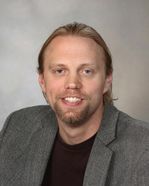 Peter Grahn, PhD
Peter Grahn, PhDDr. Grahn is Assistant Professor of Neurosurgery and of Physical Medicine and Rehabilitation at the Mayo Clinic. His interest in spinal cord injury research began in 2005 after a swimming accident in northern Minnesota that resulted in quadriplegia. After his injury, Dr. Grahn earned bachelor's degrees in biology and chemistry from Southwest Minnesota State University and a Ph.D. in biomedical sciences, with a focus on the neurobiology of disease, from Mayo Clinic Graduate School of Biomedical Sciences. Dr. Grahn is focused on using electrical stimulation of the spinal cord to restore function lost due to spinal cord injury.
-
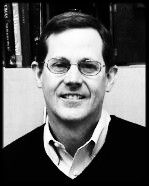 John Houle, PhD
John Houle, PhDDr. Houle is a professor in the Department of Neurobiology & Anatomy at Drexel University College of Medicine, and director of the Spinal Cord Research Center. Prior to coming to Drexel, he taught at the University of Arkansas for Medical Sciences (UAMS), also serving as the director of the Division of Cellular and Molecular Neurobiology and the Neuroscience Research Core Facilty at UAMS. Dr. Houle has long been interested in neurotransplantation strategies to promote structural and functional recovery after spinal cord injury. Research in his laboratory is designed to examine multiple aspects of the neuronal and glial cell response to spinal cord injury, with the intent of designing a combinatorial treatment strategy for regeneration leading to functional recovery. Dr. Houle’s career has been a pursuit of understanding how the regenerative response of injured neurons is regulated, why some neuron groups are strong regenerators while others exhibit very limited regenerative effort, and how we might enhance regeneration in acute and chronic injury conditions.
-
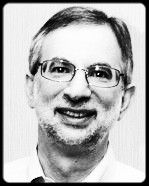 Steven Kirshblum, MD
Steven Kirshblum, MDDr. Kirshblum is nationally recognized for his work in the area of spinal cord injury rehabilitation and research. He joined Kessler Institute in 1990 and currently serves as Medical Director of the West Orange campus, as well as the Director of the Spinal Cord Injury Program. Dr. Kirshblum received his medical degree from the University of Health Sciences/Chicago Medical School and completed a residency in physical medicine and rehabilitation at Mt. Sinai Hospital in New York City, where he was a chief resident. He became board certified in 1991 and was one of the first physicians in the country to receive special certification in spinal cord injury medicine in 1998. One of the most widely respected physicians in his field, Dr. Kirshblum has delivered more than 500 lectures nationally and internationally. He is the President of the Academy of Spinal Cord Injury Professionals, Chair of the International Standards Committee for the American Spinal Association and a member of numerous advisory boards and foundations for spinal cord research.
-
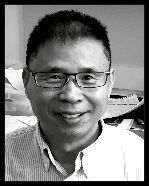 Paul Lu, PhD
Paul Lu, PhDDr. Paul Lu is an Associate Adjunct Professor of Neuroscience at the University of California San Diego (UCSD) and a Research Health Science Specialist at the Veterans Administration San Diego Healthcare System. His research, motivated in part by his own spinal cord injury, focuses on neural stem cells. He explains that injured neurons of the host nervous system regenerate into stem cell transplants, forming neural connections. In this way, the injured spinal cord forms new relay circuits through the injury site to partially restore function. Dr. Lu received his PhD in molecular biology from the University of California Davis, and performed his post-doctoral research in the laboratory of Dr. Mark Tuszynski at UCSD. While much basic work remains to be done with this neural repair strategy, Dr. Lu and his colleagues hope to translate this work eventually into humans with spinal cord injury.
-
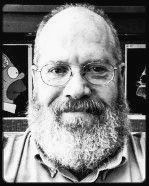 Keith Tansey, MD, PhD
Keith Tansey, MD, PhDDr. Tansey earned his BS and MS in Biology and Biomechanics from Stanford University and his MD and PhD in Neuroscience from the University of Texas Southwestern Medical Center. He then completed his Residency in Neurology at Washington University in St. Louis and then Fellowships there and at the University of California at Los Angeles in Neurorehabilitation and Spinal Cord Injury Research. He was board certified in Neurology and then subspecialty board certified in Spinal Cord Injury Medicine and Neural Repair and Rehabilitation. Dr. Tansey serves on the Board of the American Society for Neurorehabilitation, and as a Board Officer for the American Spinal Injury Association and the International Society for Restorative Neurology. He is currently editing a book, “Neurological Aspects of Spinal Cord Injury” with two colleagues from Heidelberg, Germany. Dr. Tansey has grants to study neural plasticity after spinal cord injury in animal models and humans from the National Institutes of Disability and Rehabilitation Research, the Department of Defense, the Veterans Administration, and the Neilsen Foundation.
search

